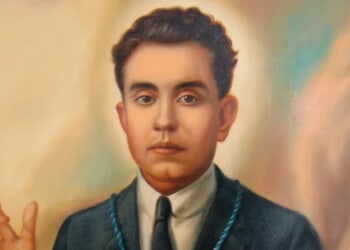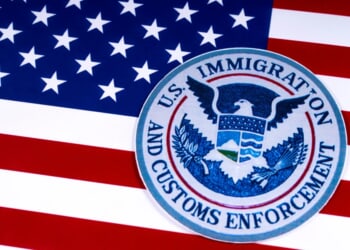As the nation prepared for its 249th birthday, Thomas Sowell, the nation’s greatest living economist, turned 95. That milestone is cause for reflection in California, Washington, D.C., and all across the nation.
Born in North Carolina to a family of black sharecroppers on June 30, 1930, and raised in Harlem, Sowell was the first member of his family to attend college. At the age of 28, he graduated magna cum laude from Harvard, then earned a master’s degree at Columbia and a PhD in economics from the University of Chicago. These achievements took place well before the government’s promotion of affirmative action, which is now called DEI, and that would come into play later in his career.
Sowell taught at Cornell, Rutgers, Amherst College, Brandeis, and UCLA before becoming a fellow at Stanford’s Hoover Institution in 1980. Despite the proximity to Sacramento, it’s hard to find cases of California politicians citing Sowell’s scholarship.
Like F.A. Hayek (The Road to Serfdom) and Milton Friedman (Capitalism and Freedom), Sowell is an advocate of free market economics, which gives priority to individual choice over government intervention. Celebrity economist John Kenneth Galbraith (The Affluent Society) called that brand of thought “the search for a superior moral justification for selfishness.” Sowell didn’t buy it.
“I have never understood,” he wrote, “why it is ‘greed’ to want to keep the money you have earned but not greed to want to take somebody else’s money.” At that activity, California government excels. Consider the case of Gilbert Hyatt, who in 1990 invented the first single-chip microprocessor.
Hyatt moved to Nevada, which unlike California has no state income tax. California’s Franchise Tax Board harassed Hyatt for more than 25 years before the U.S. Supreme Court handed down a ruling decidedly favorable to the inventor. That did nothing to reduce government greed in the Golden State, whose high income and sales taxes punish all Californians.
State politicians could take lessons from Sowell’s Basic Economics, but it’s hard to find any reference to Sowell’s books from Governor Arnold Schwarzenegger, recurring Governor Jerry Brown, or his successor, Governor Gavin Newsom. Brown and Newsom opposed the California Civil Rights Initiative (CCRI), Proposition 209 on the 1996 ballot, which eliminated racial preferences in state education, employment, and contracting.
In the wake of the measure, as Sowell showed in Intellectuals and Race, minority enrollment increased at campuses beyond UCLA and UC Berkeley. In addition, the number of black and Hispanic students graduating from the UC system also went up, including a 55 percent increase in those graduating with a GPA of 3.5. or higher. These facts did not deter the state from building a vast DEI bureaucracy, which adds no educational value.
Sowell pursued similar themes in The Economics and Politics of Race and Affirmative Action Around the World. With Marxism again coming into fashion, students could learn from Sowell’s Marxism: Philosophy and Economics. The same goes for A Conflict of Visions: Ideological Origins of Political Struggles, which, like all of Sowell’s works, drew fire from forces that would now be called “woke.”
Lani Guinier, President Bill Clinton’s nominee for the civil rights division of the Department of Justice, questioned Sowell’s blackness because he failed to support affirmative action. The Harvard grad wasn’t going to take it. “I don’t need some half-white woman from Martha’s Vineyard telling me about being black,” responded the economist.
Harvard law grad and Martha’s Vineyard resident Barack Obama, president from 2008-2016, also ignored the Hoover Institution scholar. That did not trouble Sowell, who was not about to slow down. At the age of 90 Sowell wrote Charter Schools and their Enemies and in 2023, at age 93, he put out Social Justice Fallacies. Those volumes drew no attention from the Biden White House, but this year Sowell caught a break.
“Throughout our history, black Americans have been among our country’s most consequential leaders, shaping the cultural and political destiny of our Nation in profound ways,” said President Trump in February. “American heroes such as Frederick Douglass, Harriet Tubman, Thomas Sowell, Justice Clarence Thomas, and countless others represent what is best in America and her citizens.”
As it happens, Sowell is not a fan of Trump’s tariffs, “a ruinous decision from back in the 1920s being repeated.” The president should give Sowell’s arguments careful consideration, but first, give him the Presidential Medal of Freedom. It’s long past time to give the nation’s greatest living economist the award he deserves.
Lloyd Billingsley is a policy fellow at the Independent Institute in Oakland, Calif.
READ MORE from Lloyd Billingsley:




![Coast Guard Rescue Swimmer Credited with Saving 165 People [WATCH]](https://www.right2024.com/wp-content/uploads/2025/07/Coast-Guard-Rescue-Swimmer-Credited-with-Saving-165-People-WATCH-350x250.jpg)









